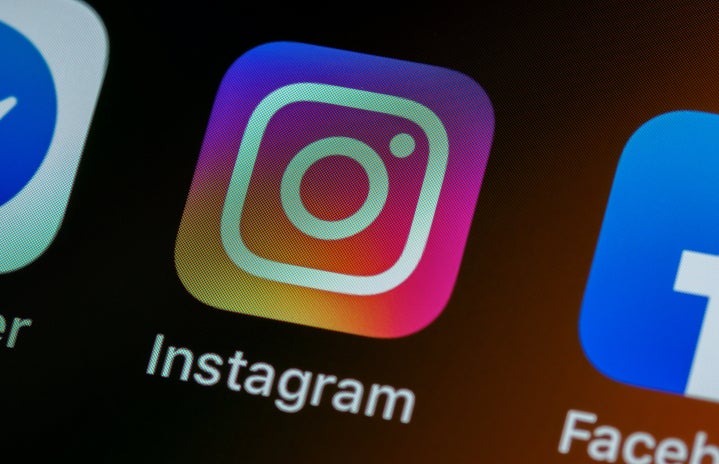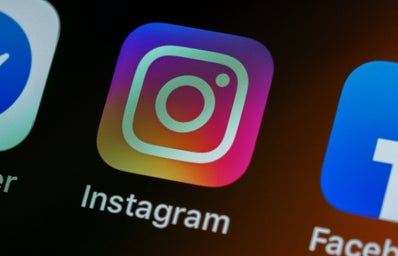Echo chambers is not only a political phenonemom but affects how every person consumes social media.
An echo chamber is formed when a belief system is published and is repeated back to the person. Often times, the repetition is exaggerated by a group of people. Imagine people gathered with pitchforks ready to pounce.
Therefore, it creates a closed circuit where different ideas cannot penetrate. If it doesn’t pertain to the same belief system of the group, it is blocked or criticized. An echo chamber rings similar to the “groupthink” mentality.
As an avid Twitter user many months ago, I began to notice how hostile certain groups became. Every time someone would challenge their ideas, people would borderline harass them until they deactivated their account. The echo chamber became toxic. It became an online lifestyle.
In pop culture, Twitter users were notoriously known for their aggression and had people encourage the behavior. People started to speak before thinking. Stan Twitter has an unhealthy habit of sparking distorted statements to empower people’s ego.
People online need to stop attacking each other for the sake of fueling arguments. Criticizing individuals for not agreeing with an opinion isn’t productive. It isn’t worthy of praise. Spewing negativity for the sake of attention does not look good. It makes certain groups look undesirable and unapproachable.
It discourages knowledge. Outsiders will not respect the other side if it is dysfunctional. It goes beyond political preference. It is how individuals communicate with each other in person and online. Being meshed with an online persona skews reality. Individuals can lose themselves in their online clout and form an identity crisis. They do not know who they are as a physical person. The only sense of self is from their online presence.
Social media is embedded into our society around the world now. First world countries and developing countries alike have social media profiles. It is time to find solutions to this conversation. There needs to be healthier boundaries and guidelines. Balance between the real and virtual world is key.



